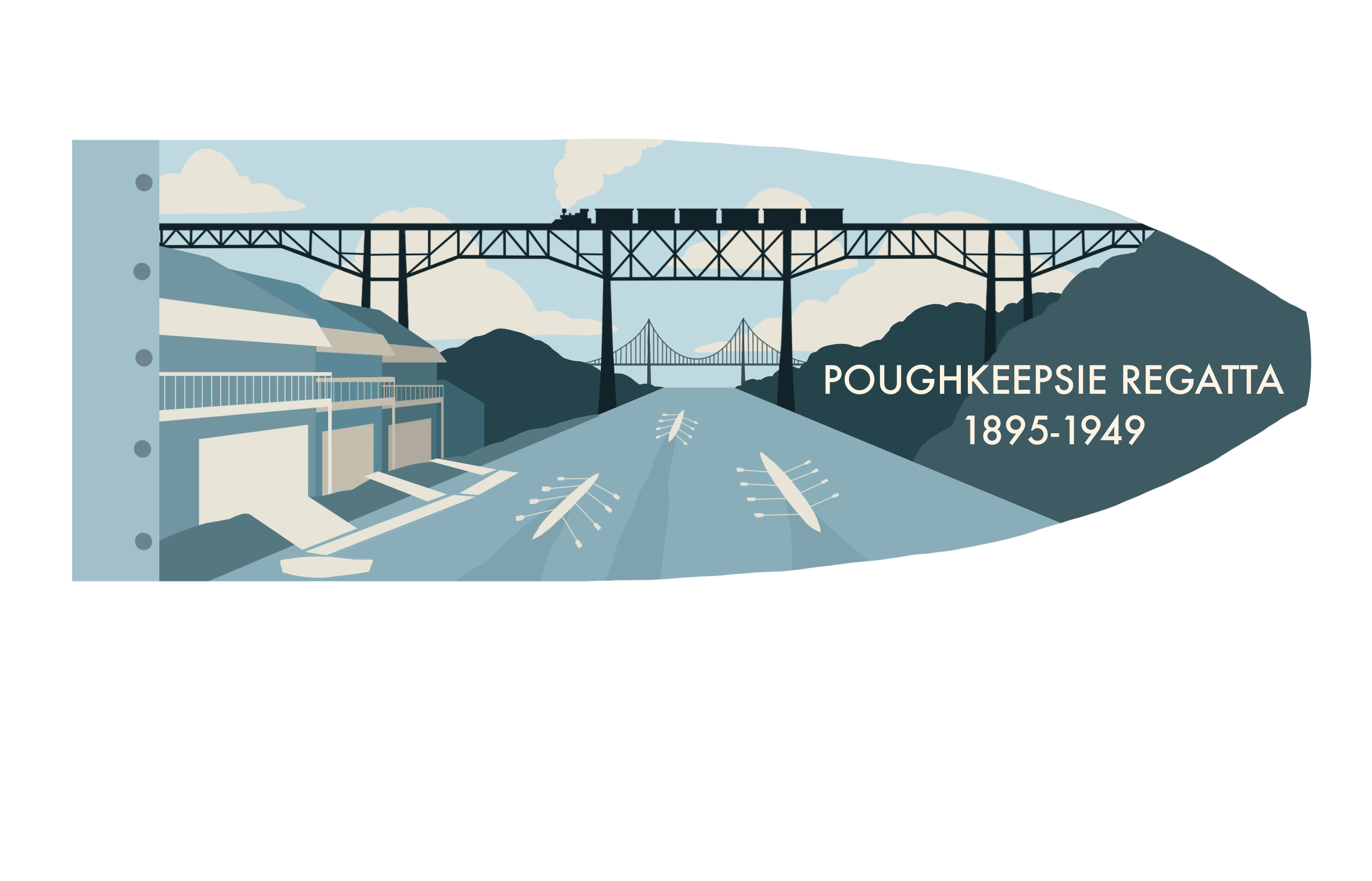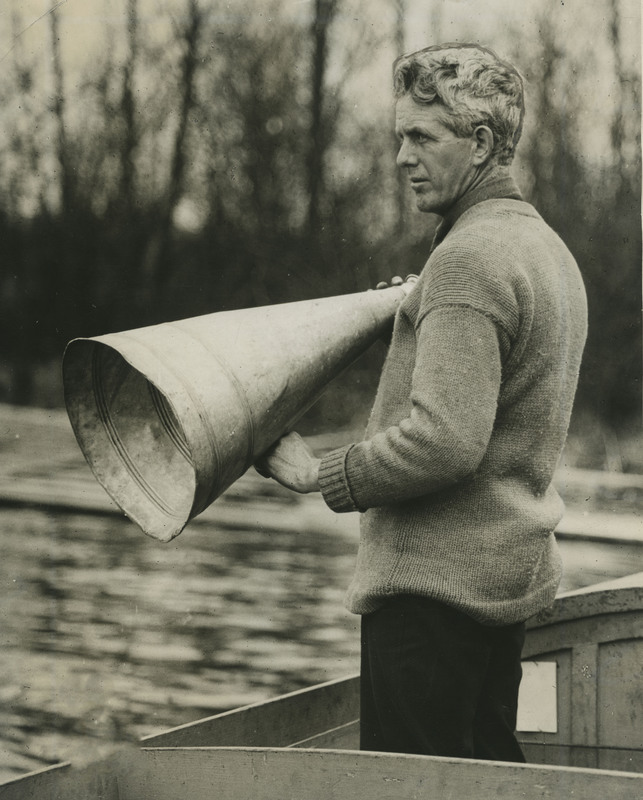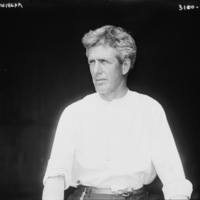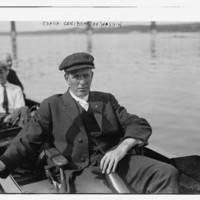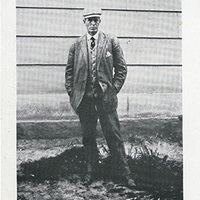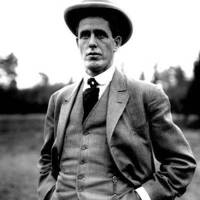Hiram Boardman Conibear
Washington's Crew Coach 1907-1917
Originally hired as a trainer for the University of Washington's football and track teams, Hiram Conibear did not have much knowledge of rowing when he began coaching the Washington crews in 1907. Despite his lack of knowledge, Conibear brought with him valuable knowledge as a trainer and concentrated on conditioning as part of his program to better prepare the crews for 4 mile contests. He studied rowing extensively and eventually developed the "Conibear" or "Washington" stroke, a shorter stroke than used traditionally.
He also began tackling deficiencies in facilities and equipment for the crew program. In 1910, he obtained a permanent home for the crew in the form of the vacant Coast Guard station and lighthouse. He then reached out to the Pocock family (brothers, George and Dick, and father, Aaron) about building shells and encouraged them to move to Seattle. He planned to have the Pococks build 12 shells, but the crew was ultimately not able to afford that many. In the end, only Dick Pocock and his father came to Seattle, where they built 1 shell for the crew, most importantly this would begin the relationship between the University of Washington and the Pocock family.
In addition to coaching the men's crew, Conibear served as a teacher of aquatics starting in 1911 and taught rowing to women as physical education. Conibear, originally from Illinois and a graduate of the University of Illinois, had been both a coach and trainer for other sports prior to working at the University of Washington. He served as a coach for cycling and also was a trainer for the White Sox. Each of these experiences helped prepare him for many of his reponsibilities at the University of Washington.
In 1916, Conibear had a disagreement with the University president and took a six month leave. He would travel East during this time and attend the 1916 Poughkeepsie Regatta. They reconciled and he would return as crew coach in 1917. His life and career were cut short in September of 1917 when he fell from a plum tree in his backyard and passed away at the age of 46.
Writings by Conibear:
“Coaching a ‘Varsity Crew.” Outing 64, no. 3 (June 1914): 315-319.
Sources about Conibear:
Eskenazi, David. “Wayback Machine: Hiram Conibear’s Rowing Legacy.”
Men's Crew History 1900-1909 University of Washington
